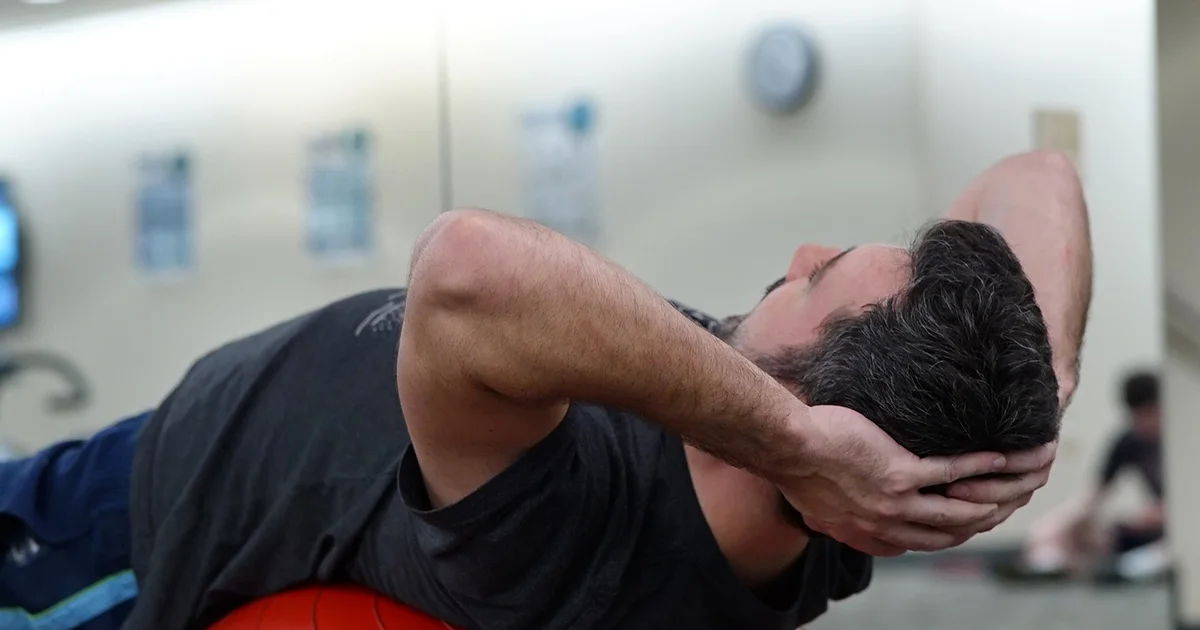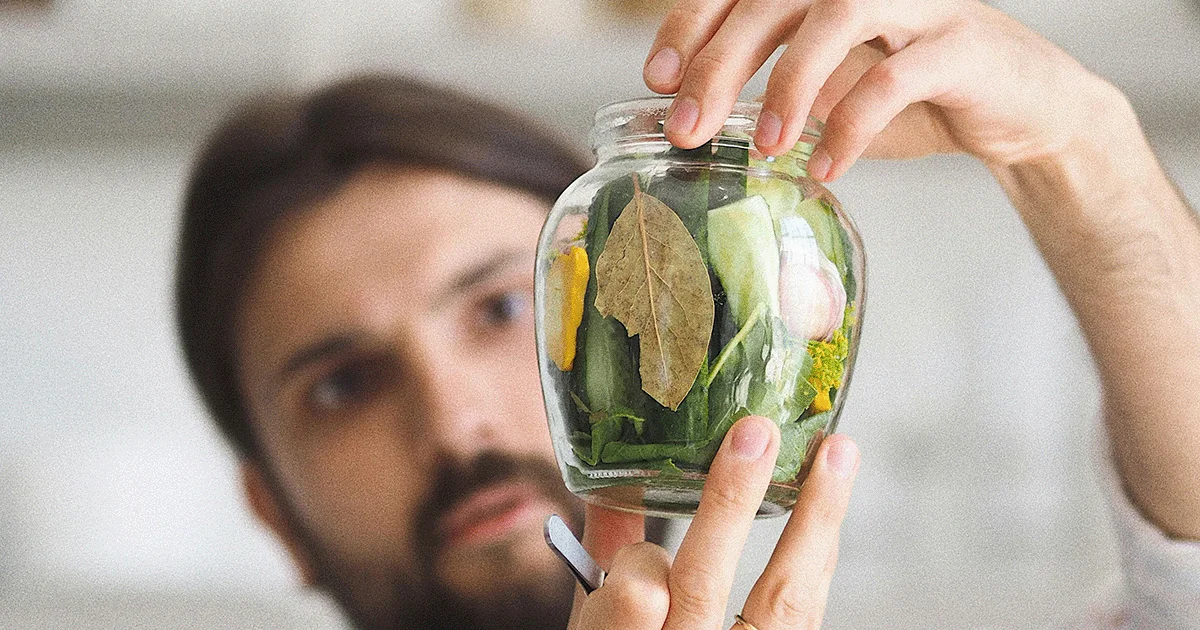Here's what we'll cover
Here's what we'll cover
Although medical professionals have long used shots to correct severe nutrient deficiencies quickly, you can now book a vitamin shot as a spa treatment add-on.
One common offering is a B12 shot, an injection containing a high dose of (you guessed it) vitamin B12, also known as cobalamin.
Aside from correcting nutritional deficiencies, wellness spas offering injections boast a long list of health benefits, from increased energy to weight loss. But do these supplements actually help? What about people who get enough B12: will an injection give them a boost? Here’s what you need to know before getting a shot of B12.
Are B12 shots a good option for getting cobalamin?
If you’re suffering from a deficiency, B12 injections are an effective way to get your levels back to normal. Healthcare professionals use shots that are injected into the muscle to treat low levels of B12.
While effective at correcting a cobalamin deficiency, B12 injections may not be the best treatment choice for you. Taking oral B12 via tablets or gummies is just as effective at getting a shot––and it’s also cheaper, one meta-analysis found (Wang, 2018).
The main benefit of a B12 shot compared with other supplement routes is speed. This treatment works faster than oral B12 because it skips the process of digestion. While it may take oral B12 longer to raise low levels back to normal, the final results for each type of supplement are similar (Amin, 2021; Wang, 2018).
The downside of oral B12 is that it requires a substance in your gut called intrinsic factor in order to be absorbed. Some people don’t make enough intrinsic factor to keep their B12 levels high enough. In this case, an injection may be necessary (Amin, 2021).
Getting a vitamin B12 injection may also be painful, especially for thinner people. Unlike shots given just under the skin (subcutaneous injections), vitamin B12 shots have to go deeper to penetrate the muscle.
Injections are more likely to cause an allergic reaction than oral forms of B12, although allergic reactions to cobalamin shots are still very rare (Amin, 2021).
Why B12 is so important
If you have a B12 deficiency, it’s vital that you fix it right away. How you do it matters less.
Vitamin B12 is water-soluble and performs many essential functions in your body, such as keeping blood and nerve cells healthy. It also plays an important role in making DNA––another reason why a deficiency can have such serious impacts on your body.
The main symptom of a vitamin B12 deficiency is weakness or fatigue. Those with low levels can also experience other side effects including (NIH, 2021):
Heart palpitations (being aware of your heart beat)
Loss of appetite
Pale skin, confusion
Poor memory
Balance issues
Depression
Weight loss
Eventually, not having enough of this vitamin can damage nerves, causing numbness or tingling in the hands or feet. A B12 deficiency can also affect your ability to get pregnant.
Does B12 help with weight loss?
Since a B12 deficiency causes fatigue and weakness, it may make exercising feel impossible. A lack of physical activity could then contribute to weight gain.
In this case, boosting B12 levels may regulate weight due to increased energy levels and movement, although this hasn’t been studied. There are also no studies to date evaluating whether people with normal levels of B12 can benefit from supplementation when it comes to losing weight.
Ways to boost vitamin B12
Before seeking out dietary supplements, talk to a healthcare professional about whether you actually need one. If you eat a balanced, omnivorous diet, you’re likely getting enough B12 already.
If your blood levels are low, shots and oral supplements aren’t the only ways to raise them. Vitamin B12 is in many animal products like red meat, fish, poultry, eggs, and dairy products. This is why deficiencies are more common among vegans and vegetarians. Try incorporating these dietary sources into your weekly menu before turning to a supplement (Ankar, 2021).
If you follow a vegan diet and don’t eat any animal sources of B12, you’re not out of luck. There are various vitamin B12 supplements on the market, as well as fortified foods that don't contain animal products, such as nutritional yeast and breakfast cereals.
DISCLAIMER
If you have any medical questions or concerns, please talk to your healthcare provider. The articles on Health Guide are underpinned by peer-reviewed research and information drawn from medical societies and governmental agencies. However, they are not a substitute for professional medical advice, diagnosis, or treatment.
Amin, A. S. M. A. & Gupta, V. (2021, June 12). Vitamin B12 (Cobalamin). StatPearls Publishing. Treasure Island, FL. Retrieved from https://www.ncbi.nlm.nih.gov/books/NBK559132/
Ankar, A. & Kumar, A. (2021, June 7). Vitamin B12 Deficiency. StatPearls Publishing. Treasure Island, FL. Retrieved from https://www.ncbi.nlm.nih.gov/books/NBK441923/
National Institutes of Health (NIH). (2021, July 7). Office of Dietary Supplements - Vitamin B12. NIH Office of Dietary Supplements. Retrieved from https://ods.od.nih.gov/factsheets/VitaminB12-Consumer/
Wang, H., Li, L., Qin, L. L., Song, Y., Vidal-Alaball, J., & Liu, T. H. (2018). Oral vitamin B12 versus intramuscular vitamin B12 for vitamin B12 deficiency. The Cochrane Database of Systematic Reviews, 3 (3), CD004655. Doi: 10.1002/14651858.CD004655.pub3. Retrieved from https://www.ncbi.nlm.nih.gov/pmc/articles/PMC6494183/










